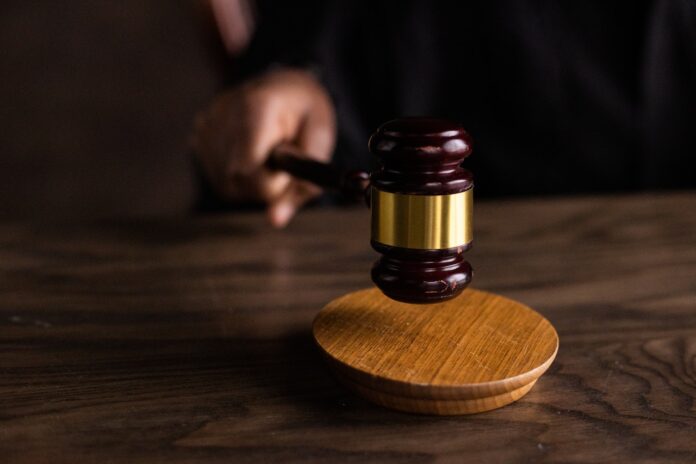An accident report is a formal record of the event and its circumstances. It is typically taken by responding law enforcement. It contains pertinent facts about the accident, including a description of the scene, witness information, and a map. According to an experienced truck accident attorney, this information is vital in determining liability, proving damages, and much more. In some cases, an accident may be categorized as an “act of God” which means it was not the fault of either party.
Examples of this include hurricanes, earthquakes, and storms. Other examples of an act of God are activities of daily living, such as eating, cleaning, and bathing.
- Abbreviations
The US legal system recognizes a number of abbreviations for an accident report. They are used in sentences and citations and must be shorter than the original word.
In addition to saving space, abbreviations must reasonably connote the original word. Most major manuals recognize contractions and use them when necessary. The plural form of an abbreviation is usually added to the singular form.
- Activities of Daily Living
Activities of daily living refer to the activities that you do routinely to maintain your body and its functions. These activities can include bathing, dressing, eating, and grooming yourself. You can also include the tasks of paying your bills, using the telephone and doing routine housework and laundry.
- Act of God
An act of God from the glossary for personal injury is when something happens that is beyond the control of the party responsible. Often, this is a natural disaster or weather event. In these situations, the insurance carrier must prove that the event was a result of nature. In some cases, however, an Act of God can be a contributing factor.
If you think that your insurance company may be denying your claim because of an Act of God, you need an attorney to help you navigate the legal process. A personal injury attorney can help you gather evidence and build a compelling story to convince the insurance company that the Act of God was the cause of your accident.
- Class Action Claims
A class action lawsuit involves a group of plaintiffs who have suffered the same injury or loss. The lawsuit aims to force the defendant, a company or organization, to pay compensation to all those who have been injured. This process is often quicker and more efficient than filing individual lawsuits, as many cases can be settled together.
- Punitive Damages
Punitive damages are awarded to victims who were harmed due to the actions of someone else. These damages are aimed at punishing the defendant for their intentional or gross negligence and deterring future wrongdoing. The criteria for determining the number of punitive damages differ from state to state. These damages are usually larger than the award the plaintiff receives, and they provide an extra level of punishment to the defendant.
- Pre-Litigation
The process of pre-litigation can take anywhere from a few days to over a year. The important thing to understand is that you must file your lawsuit within two years of the incident. If you do not file it within two years, you will miss your chance to claim any damages or recover any money. This is called the Statute of Limitations, and the court will try to get you to file as early as possible.
- Trial
Personal injury claims are usually tried in a court of law. During the trial, the plaintiff sets forth evidence to persuade the jury that the defendant was negligent. This evidence may include expert testimony, photographs, documents, or medical reports. Expert testimony is important because it helps the jury decide who was legally responsible for the injury.
The process of determining who is at fault for a personal injury case begins with discovery. In this process, the lawyers on both sides exchange information and evidence. Common legal tools used during discovery include Requests for Admissions, Interrogatories, and the Production of Documents. In addition, depositions are often used to obtain evidence. These depositions are recorded by a court reporter.
- Damages awarded
The damages awarded for personal injuries are based on actual expenses incurred by the plaintiff. This includes lost wages, property damage, and out-of-pocket litigation costs. These awards are backed by physical evidence and are easy to calculate. In some cases, these awards can be quite large. In other cases, the amount awarded is considerably less.
Help keep news FREE for our readers
Supporting your local community newspaper/online news outlet is crucial now more than ever. If you believe in independent journalism, then consider making a valuable contribution by making a one-time or monthly donation. We operate in rural areas where providing unbiased news can be challenging. Read More About Supporting The West Wales Chronicle
























